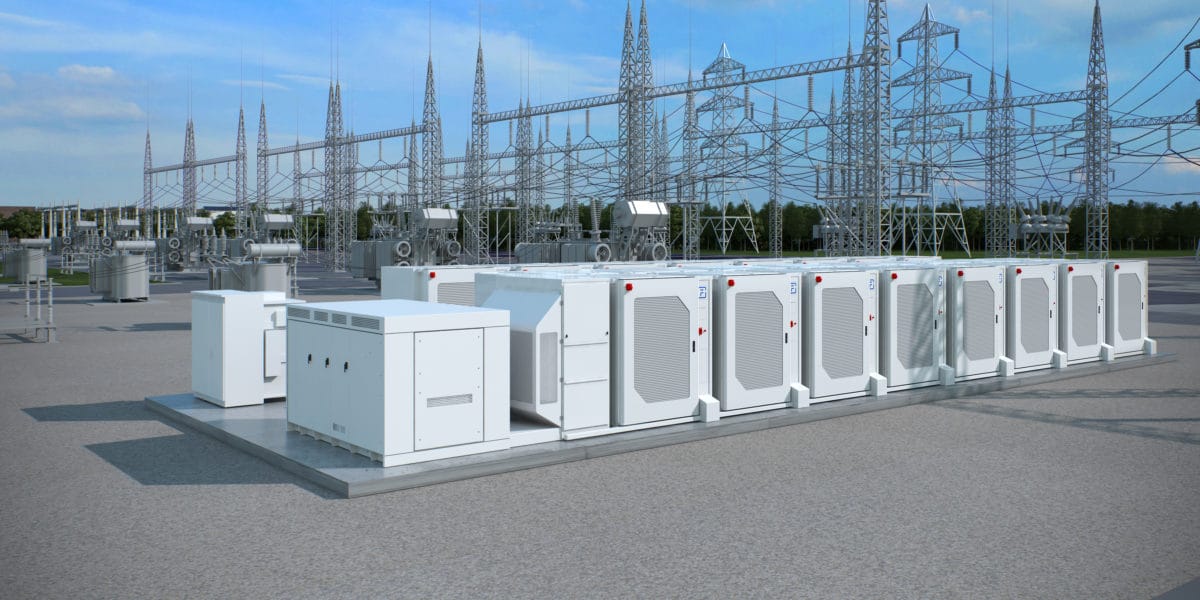From pv magazine Global
The Israeli Planning Administration has approved a new set of regulations for energy storage. Set out as a national outline plan, the new regulation deals with the capacities of different energy storage facilities, where they can be built and under what conditions.
“The plan will allow the deployment of storage units next to PV plants, gas stations and houses. That will help regulate energy consumption under high demand,” the Ministry of Energy and Infrastructure said in a statement. “On the backdrop of the war in Gaza, energy storage can maintain energy for few hours under emergency conditions.”
According to the plan’s original papers from January 2023, storage of up to 600 kWh can be built on any land, under some caveats. Bigger storage facilities of up to 5 MWh are allowed on any land, with the exceptions of agricultural land, scenic land, protected land or in the vicinity of a river.
Larger storage facilities, of up to 16 MWh, will only be allowed on land with specific uses. Among permitted lands are those for industrial use, parking lots and public buildings. More extensive storage of more than 16 MWh is not regulated in this program.
In addition, the new regulation sets environmental terms, safety terms, and water safety terms.
“Storage infrastructure improves the potential of renewable energy use,” the ministry added. “This regulation plan was made to support it, as based on it, permits for construction of such facilities can be issued.”
This content is protected by copyright and may not be reused. If you want to cooperate with us and would like to reuse some of our content, please contact: editors@pv-magazine.com.








By submitting this form you agree to pv magazine using your data for the purposes of publishing your comment.
Your personal data will only be disclosed or otherwise transmitted to third parties for the purposes of spam filtering or if this is necessary for technical maintenance of the website. Any other transfer to third parties will not take place unless this is justified on the basis of applicable data protection regulations or if pv magazine is legally obliged to do so.
You may revoke this consent at any time with effect for the future, in which case your personal data will be deleted immediately. Otherwise, your data will be deleted if pv magazine has processed your request or the purpose of data storage is fulfilled.
Further information on data privacy can be found in our Data Protection Policy.